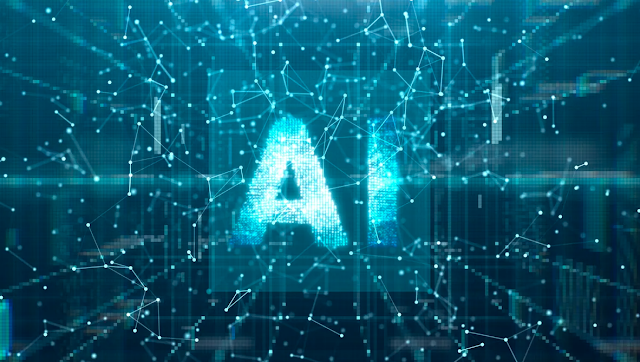Top 10 AI Myths Debunked
The realm of Artificial Intelligence (AI) has long been surrounded by a veil of mystery and speculation. As the adoption of AI technology becomes more prevalent in various sectors, it's crucial to dispel the misconceptions that often shroud this revolutionary field. Having spent over two decades in the dynamic IT industry and closely observing the advancements in AI, it's evident that certain myths persist despite the growing knowledge about its capabilities and limitations. In this blog, we aim to debunk the top 10 myths surrounding AI, providing a clearer understanding of its actual potential and implications.
Reality: While AI has the potential to automate certain tasks, it's designed to augment human capabilities rather than replace them entirely. It is more about collaboration, enabling humans to focus on complex decision-making and creativity.
Myth 2: AI operates autonomously and independently.
Reality: AI systems are dependent on data and algorithms created and managed by humans. They lack consciousness and self-awareness, functioning solely based on the patterns and rules programmed by developers.
Myth 3: AI can solve any problem effortlessly.
Reality: AI excels in specific tasks within defined parameters but struggles with tasks that require contextual understanding, intuition, or empathy, which are inherently human attributes.
Myth 4: AI is infallible and error-free.
Reality: AI systems are prone to biases and errors, primarily stemming from the data they are trained on. It's crucial to continuously monitor and improve AI models to minimize these biases and ensure accurate results.
Myth 5: AI is a futuristic technology with limited real-world applications.
Reality: AI is already integrated into various aspects of our lives, from personalized recommendations in streaming services to advanced medical diagnoses and autonomous vehicles. Its practical applications continue to expand rapidly.
Myth 6: AI will lead to a dystopian future controlled by machines.
Reality: AI development is governed by ethical frameworks and regulations that prioritize human safety and well-being. Responsible AI development focuses on creating systems that align with human values and ethics.
Myth 7: AI is prohibitively expensive and exclusive to large corporations.
Reality: The democratization of AI tools and resources has made it accessible to businesses of all sizes, enabling even small-scale enterprises to leverage AI for improved efficiency and productivity.
Myth 8: AI is only for tech-savvy individuals and professionals.
Reality: With user-friendly AI platforms and tools, individuals from various backgrounds can easily integrate AI solutions into their workflows without extensive technical knowledge.
Myth 9: AI will lead to a job market crisis and increased unemployment.
Reality: AI is reshaping job roles, creating new opportunities, and driving the demand for AI-related skills. It is crucial for the workforce to adapt and acquire relevant skills to thrive in the evolving job market.
Myth 10: AI can make ethical decisions and judgments.
Reality: AI lacks the ability to comprehend complex moral dilemmas and make ethical decisions, highlighting the importance of human oversight in AI development and implementation.
As the boundaries of AI continue to expand, it's essential to foster a comprehensive understanding of its capabilities and limitations. By dispelling these common myths, we can foster a more informed and realistic perspective on the potential of AI in shaping the future of technology and society.



Comments
Post a Comment